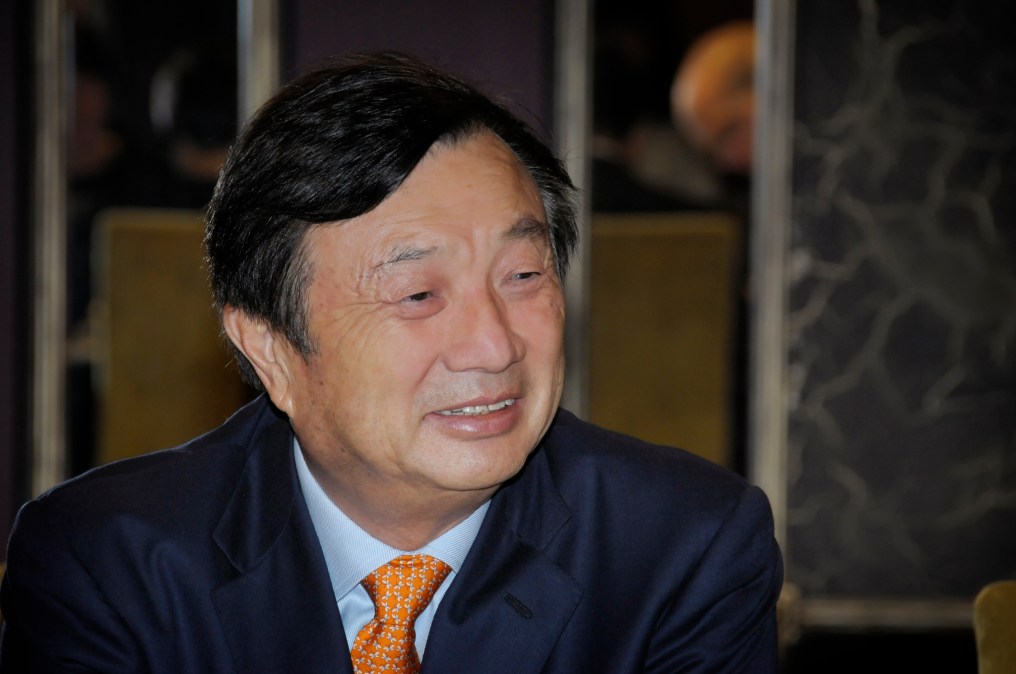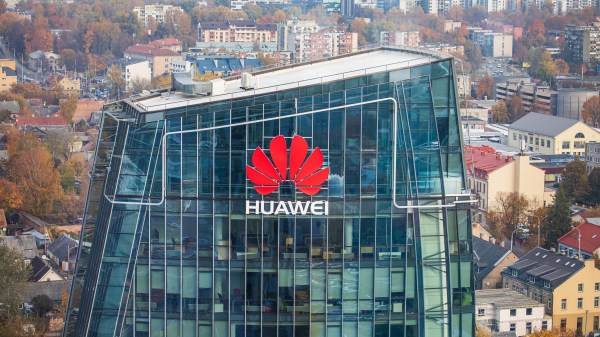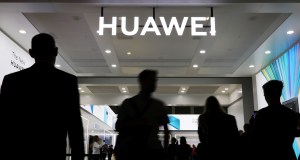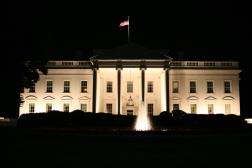Huawei’s reclusive founder emerges to deny espionage allegations, flatter Trump

Ren Zhengfei, the billionaire founder of Chinese telecommunication giant Huawei, has denied that the Chinese government uses his company to conduct espionage.
In his first interview with foreign media in nearly four years, Ren told reporters Huawei does not have regular contact with Beijing and that he would decline any request to provide sensitive information about the company’s clients. Ren’s defense of Huawei coincides with recent arrest of his daughter, Huawei Chief Financial Officer Meng Wanzhou, for allegedly violating U.S. sanctions.
Western lawmakers and intelligence officials have long warned Huawei represents a possible national security threat.
“I love my country, I support the Communist Party. But I will not do anything to harm the world,” said Ren. “I don’t see a close connection between my personal political beliefs and the business of Huawei.”
Ren, 74, is a former People’s Liberation Army officer who founded Huawei in 1987. The company started as a small telephone equipment exchange but now provides phone, internet and other technology to countries and businesses globally. Ren’s military career and ties to Beijing also have been cited by other countries, such as India, as reasons to prohibit Huawei from winning contracts to do sensitive work.
The scrutiny has intensified following Canadian authorities’ arrest of Meng Wanzhou and the arrest in Poland of Wang Weijing, Huawei’s head of sales there, on unrelated espionage charges. Both Meng and Wang have denied wrongdoing.
Ren went on to describe Huawei is “only a sesame seed in the trade conflict between China and the U.S.,” and sought to flatter President Donald Trump. The White House is considering an executive action that would prevent U.S. companies from using Huawei technology, Reuters reported last month.
“Trump is a great president. He dares to massively cut taxes, which will benefit business,” Ren said. “But you have to treat well the companies and countries so that they are willing to invest in the U.S. and the government will be able to collect enough tax.”






